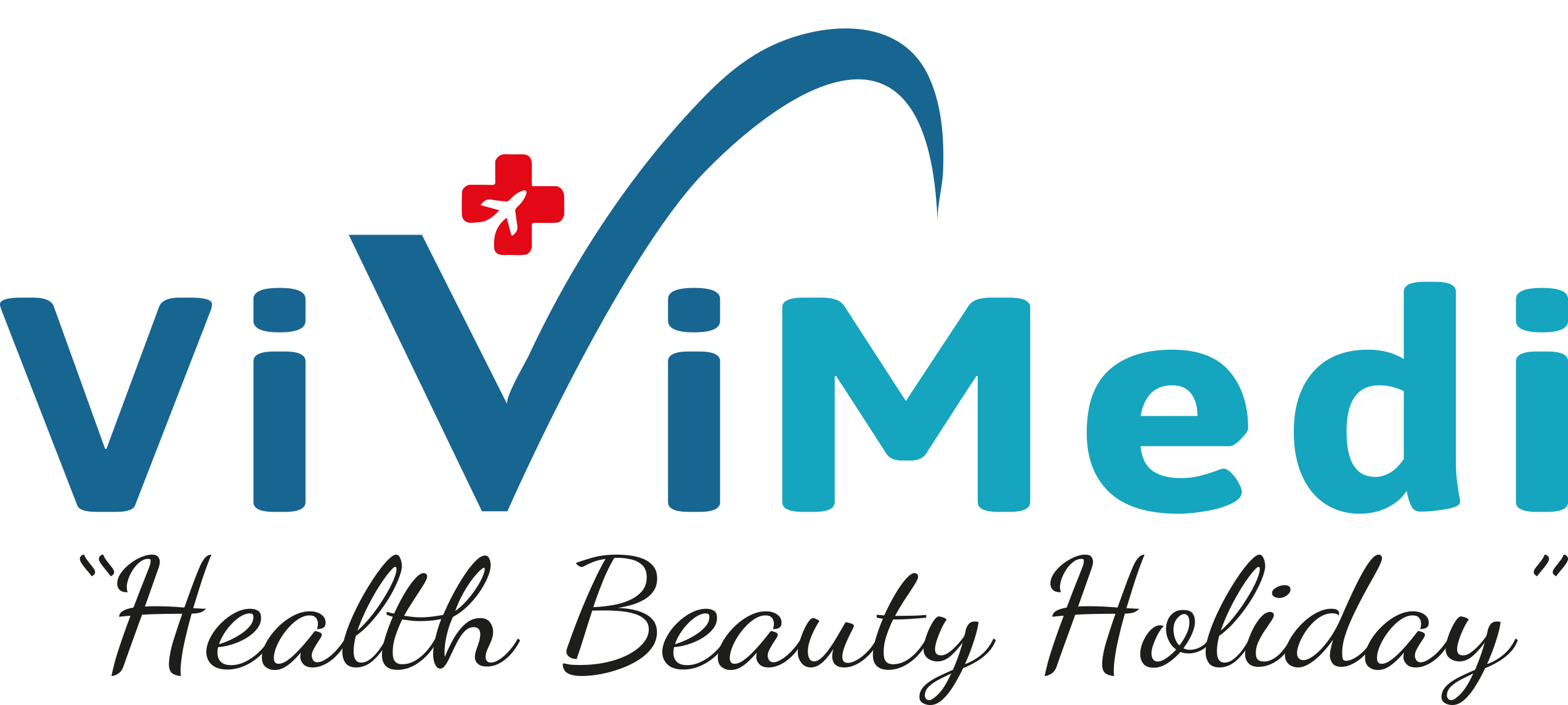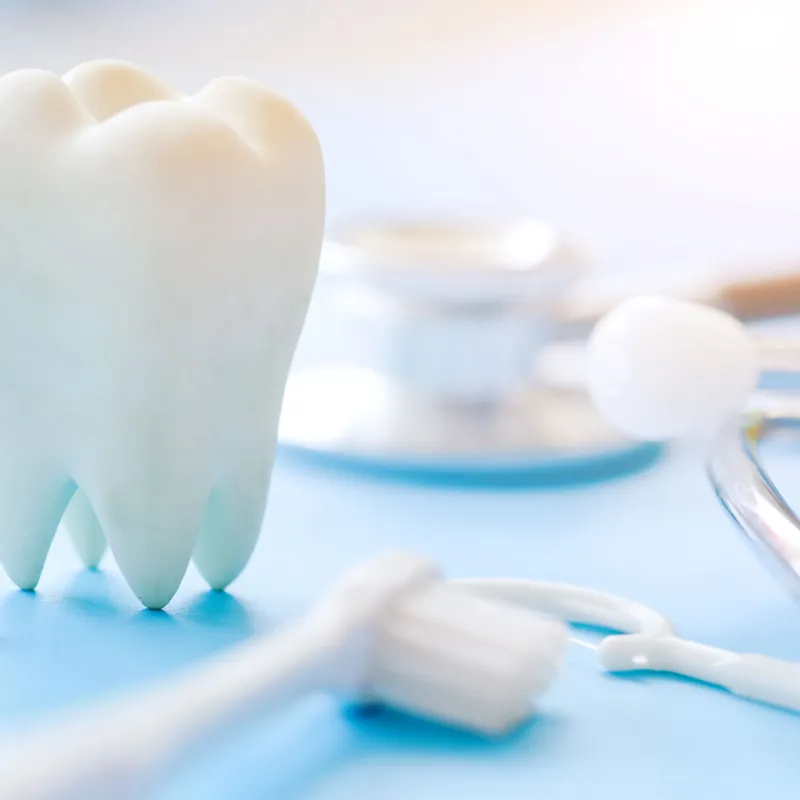Proper nutrition and diet play a crucial role in the healing process after dental implant surgery. Following a carefully planned diet helps ensure the implants integrate successfully with the jawbone, minimizes discomfort, and accelerates recovery. Here are detailed nutrition and diet tips to follow after dental implant surgery:
Immediate Post-Surgery Diet
- Hydration:
- Importance: Staying well-hydrated is essential for overall health and recovery.
- Recommendations: Drink plenty of water, but avoid using straws, as the suction can dislodge blood clots and impede healing. Aim for at least 8-10 glasses of water per day.
- Initial Liquids:
- Smoothies and Protein Shakes: Opt for nutrient-rich smoothies and shakes. Include protein powders, fruits, vegetables, and yogurt to ensure a balanced intake of vitamins and minerals.
- Broths and Soups: Warm (not hot) broths and soups provide hydration and nutrition without requiring much chewing. Avoid soups with large chunks of meat or vegetables.
- Avoid Alcohol and Caffeine: Both can interfere with the healing process and potentially cause dehydration. Stick to water, herbal teas, and non-acidic juices.
Soft Foods Phase
- Soft, Nutrient-Dense Foods:
- Mashed Vegetables: Foods like mashed potatoes, carrots, and sweet potatoes are easy to eat and provide essential vitamins.
- Scrambled Eggs: Soft and easy to chew, eggs are an excellent source of protein.
- Applesauce and Yogurt: Both are soft, easy to consume, and packed with nutrients. Yogurt also has probiotics which can help maintain gut health, especially if you are on antibiotics.
- Oatmeal and Porridge: These provide fiber and are easy on the gums. Ensure they are not too hot when consuming.
- Protein Intake:
- Importance: Protein is crucial for tissue repair and healing.
- Sources: Include soft protein sources such as cottage cheese, tofu, and finely ground or pureed meat.
- Avoiding Irritants:
- Spicy and Acidic Foods: These can irritate the surgical site and cause discomfort. Avoid foods like citrus fruits, tomatoes, and spicy dishes.
- Crunchy and Hard Foods: Foods like chips, nuts, and raw vegetables can disrupt the healing process and should be avoided.
Transition to Normal Diet
- Gradual Introduction of Regular Foods:
- Monitoring Healing: As the surgical site heals, you can gradually reintroduce more solid foods. Pay attention to any discomfort and adjust your diet accordingly.
- Chewing Gently: Start with softer solid foods and chew on the opposite side of the surgical site to avoid putting pressure on the implants.
- Balanced Diet:
- Variety: Ensure you are getting a balanced intake of proteins, carbohydrates, fats, vitamins, and minerals.
- Vegetables and Fruits: Incorporate steamed or soft-cooked vegetables and peeled fruits to get necessary vitamins and minerals without causing irritation.
Long-Term Nutrition for Implant Success
- Bone Health:
- Calcium and Vitamin D: These are essential for maintaining bone health and ensuring the longevity of your dental implants.
- Sources: Dairy products, fortified plant-based milks, leafy greens, and fatty fish are excellent sources of calcium and vitamin D.
- Avoiding Harmful Habits:
- Smoking: Smoking can severely affect the healing process and the long-term success of dental implants. It is highly recommended to quit smoking.
- Sugar and Processed Foods: High sugar intake can lead to poor oral health. Focus on whole foods and limit sugary snacks and drinks.
- Regular Dental Check-ups:
- Importance: Regular visits to your dentist help monitor the health of your implants and address any issues promptly.
- Professional Cleanings: Regular cleanings help maintain oral hygiene and prevent infections around the implants.


